When the dust finally settled, Star Wars: The Rise of Skywalker inevitably brought back memories to something I wrote last year. It was titled The Pitfalls of Nostalgia – a conversational look into our relationship with the convention and its excessive use and over-reliance of it in film and TV. And yet somehow as I mull over my thoughts in summing up the final film in the Skywalker saga, somehow those words are more apparent than ever.
J.J. Abrams has a deep fascination with mystery box adventures that you could probably write a thesis on it. From LOST, Alias, Fringe, Mission Impossible 3 and even Star Trek Into Darkness, he operates this trademark style with an almost Spielbergian methodology. The quest creates a sense of wonder and the inevitable whipped-up frenzy of speculation and discourse. In J.J’s reality, the power surrounding the mystery serves as a powerful narrative, where questions can be layered upon mystery box upon mystery box with a countless amount of teasing that would prop up a Charlie Day conspiracy meme, instead of having to explain or confront its context.
Perhaps the best example of his concept is Super 8 (arguably J.J’s strongest work in his filmography), a film enriched in Spielberg both in its nostalgia and that ‘larger than life’ adventurism bonded by family and friendship. Whilst it does well to convey the emotional outreach with its fantastic young cast and sharp dialogue, it’s muddled turn off was its choice to change the nature of the alien, switching between a Cloverfield/Jaws obliteration of the residents to a sudden E.T. complex of an alien wanting to ‘phone home’. In a film that feels like a mash-up of his favourite genres and themes, you can make a humble argument that the alien was a substitute for family grief. But the truth is the twist works more as an executed jigsaw convention, something to reward an audience through its emotional overtures than catering for some constructed logic within its script.
That’s not to say there’s a right or wrong way of storytelling. It’s clear he loves this tool, hence why he frequently deploys it. There’s a comfort and reliability, helping him to articulate the abundance of ideas in his mind. But like ‘observing the pattern’ as Fringe fans would say, often it comes across as an imitation that finds itself making questionable decisions rather than entertain something uniquely substantial. With this established safety net, it allows him a template to help sell the concept and introduce (or re-introduce) his characters to respond to its mystery.

The overriding question that loomed over The Rise of Skywalker is whether he could finish something he started, always finding himself in a position where he leaves before a project’s completion. Nostalgia may serve a purpose like playing a Spotify greatest hits collection, but depending on its execution, it can also leave one feeling – emptiness. It’s like playing a video game with all of its cheat codes turned on. Yes it is fun for a while, and yes, you get its immediate satisfaction, but somehow you’re left with the legacy feeling of nothing to engage from. In the case of watching Super 8, I wanted to go home and watch a Spielberg film rather than re-watch Super 8. The Rise of Skywalker falls into that same distinct trap.
The Rise of Skywalker showcases the best and utmost worst of J.J. Abrams work; generic, stale, unfinished and lopsided. Sure, it’s energetic and unapologetically visceral, but its breakneck speed for pacing can be summed up in Poe Dameron (Oscar Isaac) rapidly jumping to lightspeed to find his way out of trouble in the Millennium Falcon (knowing the famous ship can’t handle that kind of intensity). As if to cover over the flaws from J.J. Abrams and Chris Terrio’s script, through its sheer velocity, we have no sense of what planets, city or perspective in it’s ‘blink and you’ll miss it’ overture. The sheer nature of the move is gung-ho, reckless and brazen as you would expect from the director, but also presents a discombobulating sensation that you’ve binge-watched the entirety of Game of Thrones in a day with the fast forward speed of 10x (obviously not possible, but you get the gist of the idea).
It’s easy to boil this down as “if you loved The Last Jedi, you’re gonna hate this” argument and vice versa. That argument is far too simple for something generational, subjective and far more complicated than most people will recognise. Irrespective of whether you enjoyed Rian Johnson’s meta-commentary experiment on The Last Jedi or not, the hindsight reality is that it took risks, risks the franchise needed to ask itself about its legacy and its subsequent role in its history. The ultimate failure from The Rise of Skywalker falls on its basic principles of storytelling, where character arcs from its opening crawl and previous films are left in the deserted wastelands of Tatooine, where dialogue is replaced by heavy doses of exposition and characters shoehorned into cameo appearances that end up feeling like a reunion party than functioning as an integral part of the plot. There’s an adage of “no one hates Star Wars more than Star Wars fans” and yet what The Rise of Skywalker does is hand the keys over to a vocal minority by excessively pandering to their satisfaction. It plays the game of having your cake and eating it too, trying to restore the balance as the franchise has always lived up to. But in doing so, The Rise of Skywalker not only validates their opinions but sacrifices its own artistic voice where its merits are never earned and its dramatic beats are carelessly rushed through leaving it soulless and hollow. The euphoria behind Star Wars should never leave you like this, and The Rise of Skywalker was fan service at its worst.

I want to vehemently stress that there is nothing wrong with nostalgia and fan service. As mentioned in my article about nostalgia, I talk about how it places itself in a difficult quandary of appeasement. And yet Ryan Coogler’s Creed (for example) has utilised it better than most films would imagine. In its myriad of options in its conversations about legacy, it offers the audience something that makes every signifying moment worthwhile – substance.
In another classic example, it’s something that Netflix’s Stranger Things does so well where our emotional connection to the past is defined by our personal experiences rather than the kids themselves. They’re living in the era, oblivious of its significance and not (as most films do including The Rise of Skywalker) occasionally stop the film to acknowledge it. And as if lessons weren’t learnt from J.J.’s previous experience such as Star Trek Into Darkness, then he understands the architectural mechanisms behind nostalgia but not the reasons why that moment resonates so deeply. And judging by his brand of filmmaking (a trait which I’ve seen far too often) the nostalgia is only used as an effective means to an end, to get from point A to B and nothing more. It’s fine as a set-up – what The Force Awakens accomplishes manages to restore faith in the aftermath of the prequel trilogy. But as a conclusion? It deserved something far richer than proposed instead of the persistent return down memory lane that’s continually seeking validation and vindication. Not even the brilliant John Williams and his score can escape the callbacks to the past.
But heartbreakingly so, while the situation can’t be blamed solely on Abrams (returning in a near-impossible situation after the vitriolic backlash from The Last Jedi), but The Rise of Skywalker painfully confirms the lack of planning between the arcs. I’m willing to be controversial in saying Johnson had the most difficult task of the tenure, picking up the pieces from the scattergun approach left after The Force Awakens by contextualising the franchise’s bigger picture. But the unifying statement left in the aftermath by The Rise of Skywalker is the feeling of “it doesn’t matter”, undoing some of the most interesting aspects of the franchise like a damage control exercise that WB utilised after Batman v Superman (which produced Suicide Squad in its aftermath). But it’s most disappointing aspect is the genuine lack of stakes, ambition or risks with its fake-outs and sacrificial undoing which only cheapen the experience. And as a consequence, it leaves the franchise in an undesirable place, a place defined by the safety of creature comforts, familiarity and convenience that serves only to make the universe smaller again. Of course, change is a gamble, but judging on this effort, it’s the realisation that the franchise is happy to stick with the status quo and allow for history to repeat itself. And instead of confronting the challenges head-on, it decides to not pick up the baton and finish the marathon.

That apt feeling is summed up by Rey (Daisy Ridley), a character who spent the last two films re-defining her identity, a film in which The Last Jedi conveyed lineage was not important in defining who you are, only to be told the opposite. Some would easily say it’s a technicality, some would say it’s a complete retcon that rolls back on the intentions laid out by Rian Johnson, and some would easily say Abrams was merely fixing a ‘mess’ by giving its audience a direct sequel to The Force Awakens. But The Rise of Skywalker spends the majority of the film re-emphasising the same point about *who* she is in the context of the franchise.
The sad thing about Rey’s ultimate fate is how she already started from a position of power. By being a ‘no-one’, a new succession of force-sensitive Jedis opens the doors to new possibilities. It’s not defined by blood or some royal right or some easily convenient connection within an already convoluted legacy that happens to be problematically tied to that ‘galaxy far far away’. It’s the inspirational takeaway that anyone can be a hero, rising out of nothing in the epic struggle between good and evil. And yet the connection towards lineage with the re-assertion of a major character only asks more questions than answers.
There’s an element of Spectre, the 24th Bond film in its deflating reveal, but even if this was the intention all along, to have Rey mythically connect with the previous eight films, then this parental conflict that should have been addressed right from the beginning. It would have allowed more time with Rey to come to terms with the revelation instead of what the film does repeatedly – have her run to different planets with speed and haste. It would have been in the same pretence at how Brie Larson’s Captain Marvel, for example, was imbued with the same choice after learning her secret. Captain Marvel is not perfect by any stretch of the imagination (which I actively discuss in my review), but at least it’s an attempt to codify her origins with a choice that bravely moves it forward. It’s not to say these elements did not feature in The Rise of Skywalker, but its execution is clumsy and rushed, explained through tiresome lines of exposition that expect us to feel a sense of emotional shock at the revelation when its depth is shallow at best.
The fact remains, pretty much every character suffers from the film’s choppy and hasty editing and execution. The Rise of Skywalker is more concerned with getting over the next hurdle, introducing the next clue to get to this mystery rather than spend time with the characters it possesses (or introduces, and trust me there are plenty in its convoluted equation including the return of Lando (Billy Dee Williams) and Keri Russell’s Daft Punk looking Zorri). And by doing so, it sacrifices what has been the heart and soul of these films – character and growth. Character development is fueled by reactions rather than the choices they’ve made. We get to see Finn (John Boyega) and Poe spend more time together, but even the exchanges feel disjointed and somewhat regressive with most of their bromance moments connected with ‘wouldn’t it be cool?’ moments. But the most disheartening was Rose Tico (Kelly Marie Tran) who is shamefully sidelined for what I can only imagine as capitulation and cowardice to an abusive fandom rather giving her character something meaningful to do.
I would have preferred The Rise of Skywalker to be the length of Avengers Endgame and The Irishman. Call it indulgence or being spoiled after 2019 gave us a succession of 3-hour epics. But if the length was an option to convey some of its story without the feeling of being like a meaningless blur, then it’s a luxury I would have happily endured. It wouldn’t have solved all of its fundamental and stalemate problems, but it would have been easier to digest.
And I get it, endings are HARD and writing one is EXTREMELY HARD. Not even Revenge of the Sith could accomplish it. I’m not even going to pretend I have the perfect, iron-fisted resolution that neatly ties up a 42-year old saga. I’m not going to pretend I have a respectable path of utilising General Leia after the tragic death of Carrie (always loved and always missed) Fisher. And unquestionably, I’m not going to pretend I have a dignified approach to unite an already divided fandom that has been long bickering about the franchise since the release of The Empire Strikes Back. For every generation, Star Wars has meant something different to someone. In essence, loving Star Wars can be a religion – George Lucas (our creator in saviour) gave us this world and each of us has taken what we believe is the “best part”, consuming canonical or non-canonical books, media, video games and pretty much anything we fans can get our hands on, shaping our perspective on the franchise. Our introduction has no universal or centralised means of entry (in comparison to how we all started getting into the Marvel Cinematic Universe, for example, with Iron Man). But based on that reality, it is something that cannot be appeased, no matter how good its intentions are, and the film caves into that idea by believing it can.

Throughout popular culture, even something as prestigious as Game of Thrones struggled with it earlier this year. The X-Files during its two-season return struggled, trying to balance out the mythology of the past with the context of the present within a short span of episodes (which was not enough). Heck, (in another context) even Star Trek Discovery bowed down to familiarity of its past, fake-out deaths and introduced the worst storyline concept for season 2 – time crystals (the less said, the better). But again, returning to the basic plots of filmmaking, as an isolated, standalone film, it’s the sheer lack of creativity and ambition that severely hurts its wasted potential. It is as jarring as the recent addition of ‘Maclunky’ in the new versions of A New Hope on Disney+ for an already contentious scene. And in its desperate attempt to win everyone over, you end up watching a film that’s having a constant argument with itself, settling on a marked, checklist of requirements and targets to include as if decided by a committee.
I don’t necessarily believe J.J. Abrams is a bad director. The fun he manages to encapsulate is above the qualities of the prequel trilogy. Some of the best moments come as visual statements such as Kylo Ren (Adam Driver) and Rey having a force projection conversation as the camera swap between their thoughts and location. As The Return of the Jedi in the franchise, the re-balance of the force was inevitable. It’s simplistic storytelling if somewhat predictable. But in the immortal words of Yoda with his masterful quote of “we are what we grow beyond”, that piece of advice wasn’t adhered to. It’s a film that’s big on spectacle but leaves nothing for audiences to take away from.
Does this film derail my love of the franchise? No. For over 30 years of my life, these stories have defined me from the mythology to pure, escapist, unadulterated entertainment, regardless of whether anyone thinks “it’s just a kids movie about space wizards”. And on the contrary, I’m still looking forward to the new trilogy, a trilogy not defined by the legacy of the past, but something that explores the universe instead of relying on bloodlines, dynasties and “keeping everything in the family”. There is no sense of enjoyment or pleasure if the same storylines are endlessly re-hashed and re-purposed when the possibilities are endless. All it takes is a little imagination and creativity, which The Rise of Skywalker openly rejects.
If you enjoyed The Rise of Skywalker for what it is, then all power to you. Your happiness should never be defined by what others say, including myself, who is happy to be in the minority with my opinions. But like all legacies, time will be its ultimate decider, and whether we return to The Rise of Skywalker with the same energetic verve as previous films will be a fascinating (and hopefully civil) debate for years to come. But ultimately, it’s a film that tried too hard and ends up utilising every kitchen sink trick to make this film whole. But in my humblest opinion, it is by far the weakest out of the new trilogy, and what should have been a triumphant end to the saga, The Rise of Skywalker just ends in bitter disappointment.

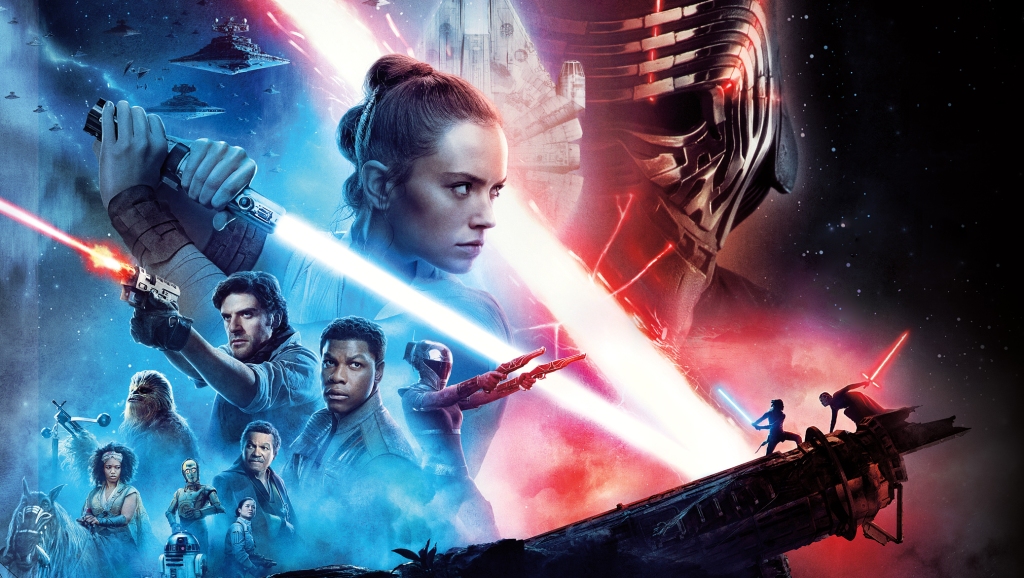
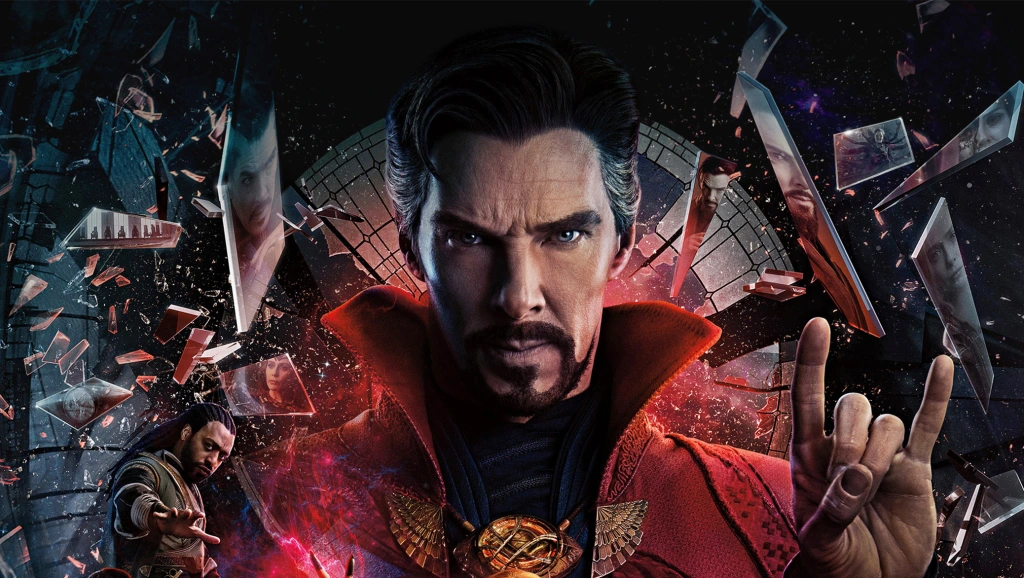
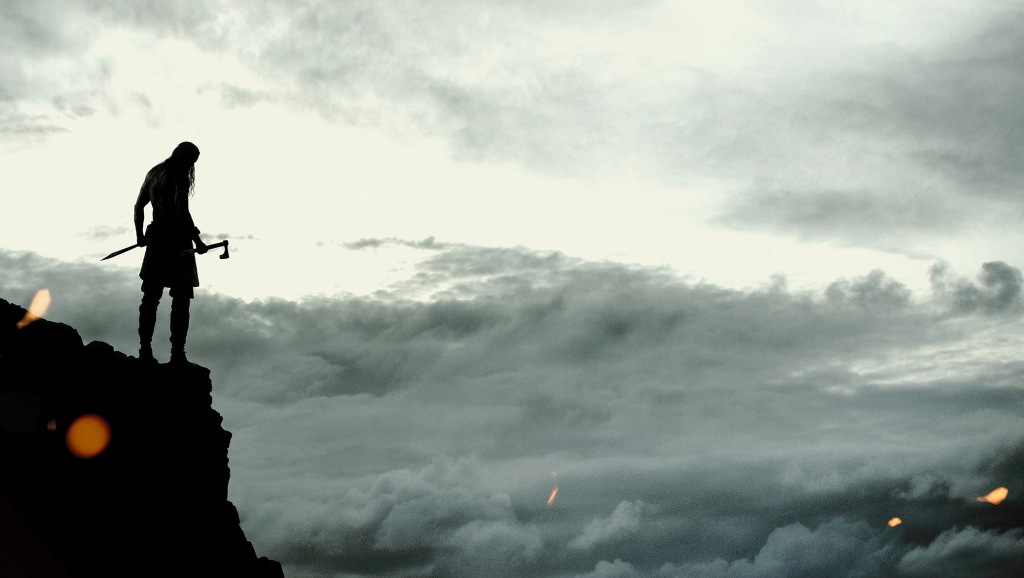
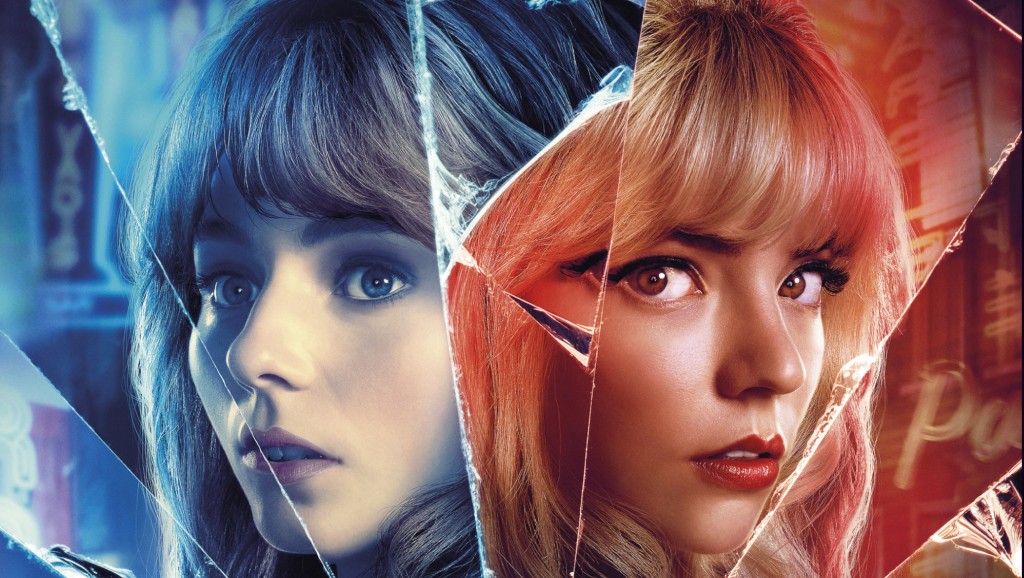
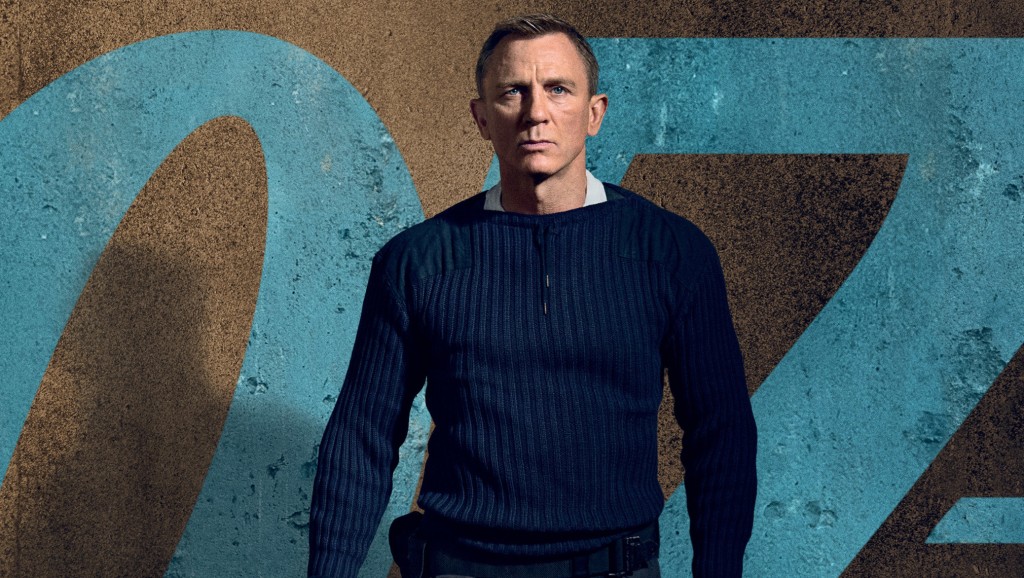
Don’t Be Shy – Leave a Reply